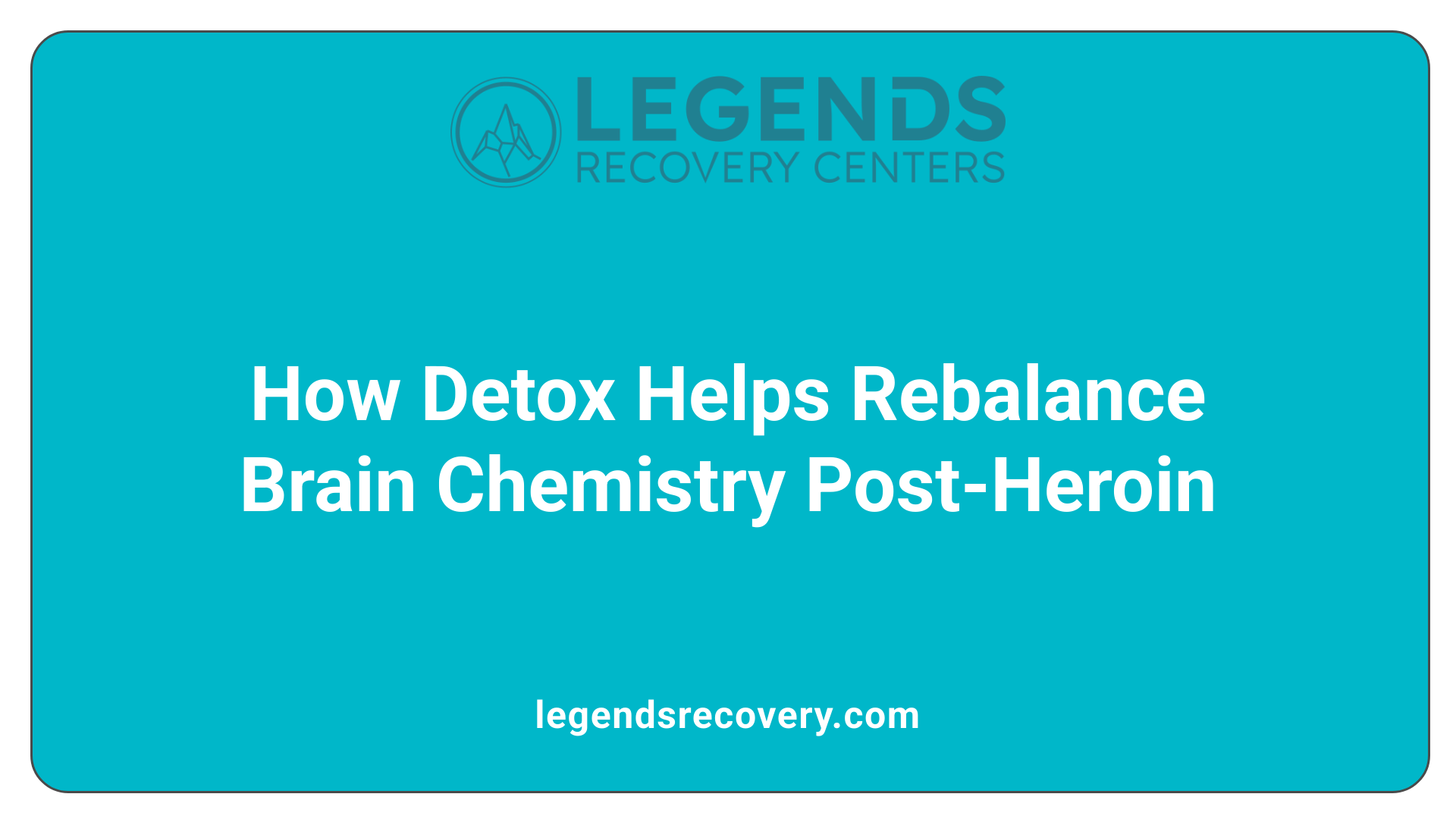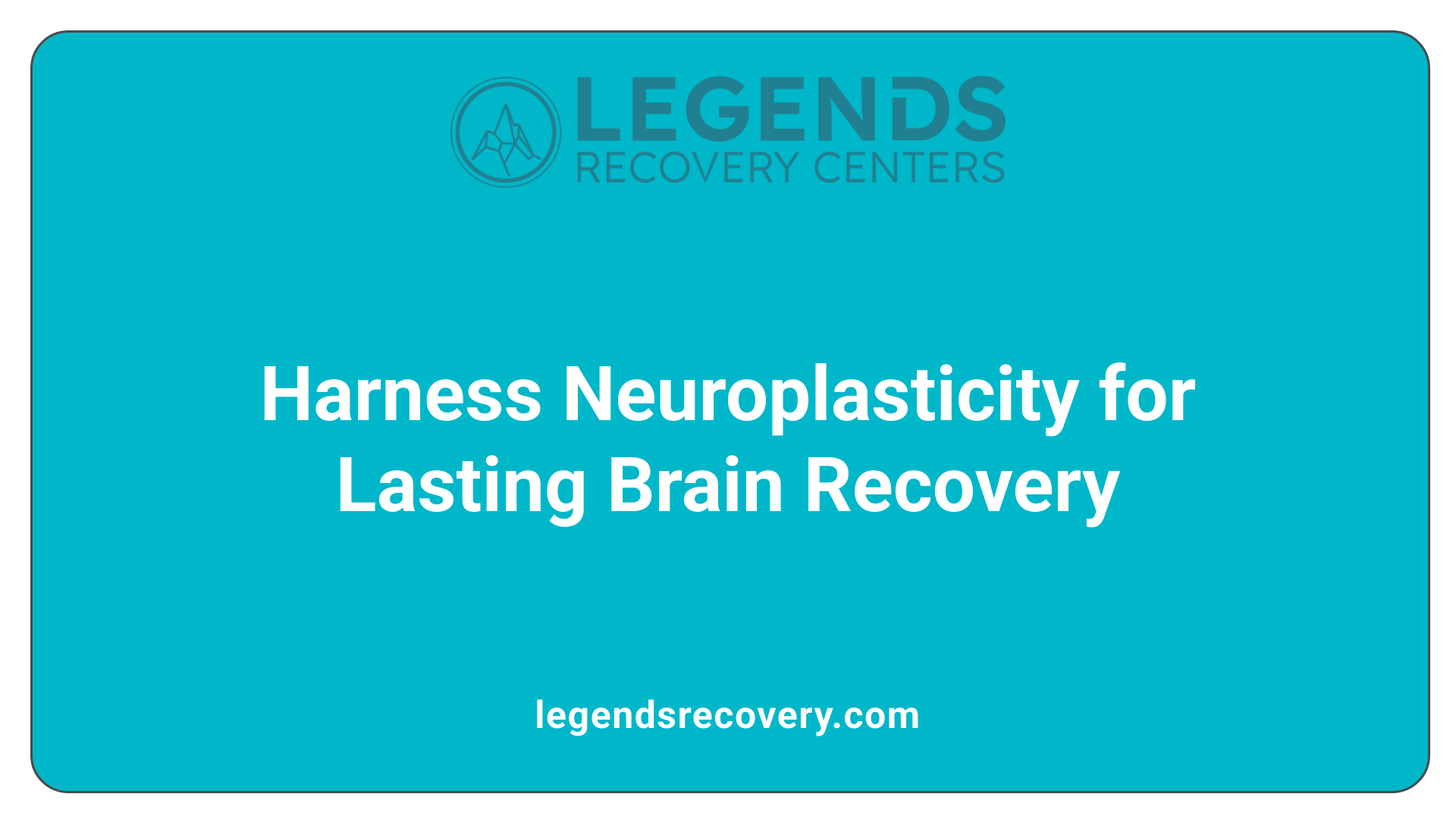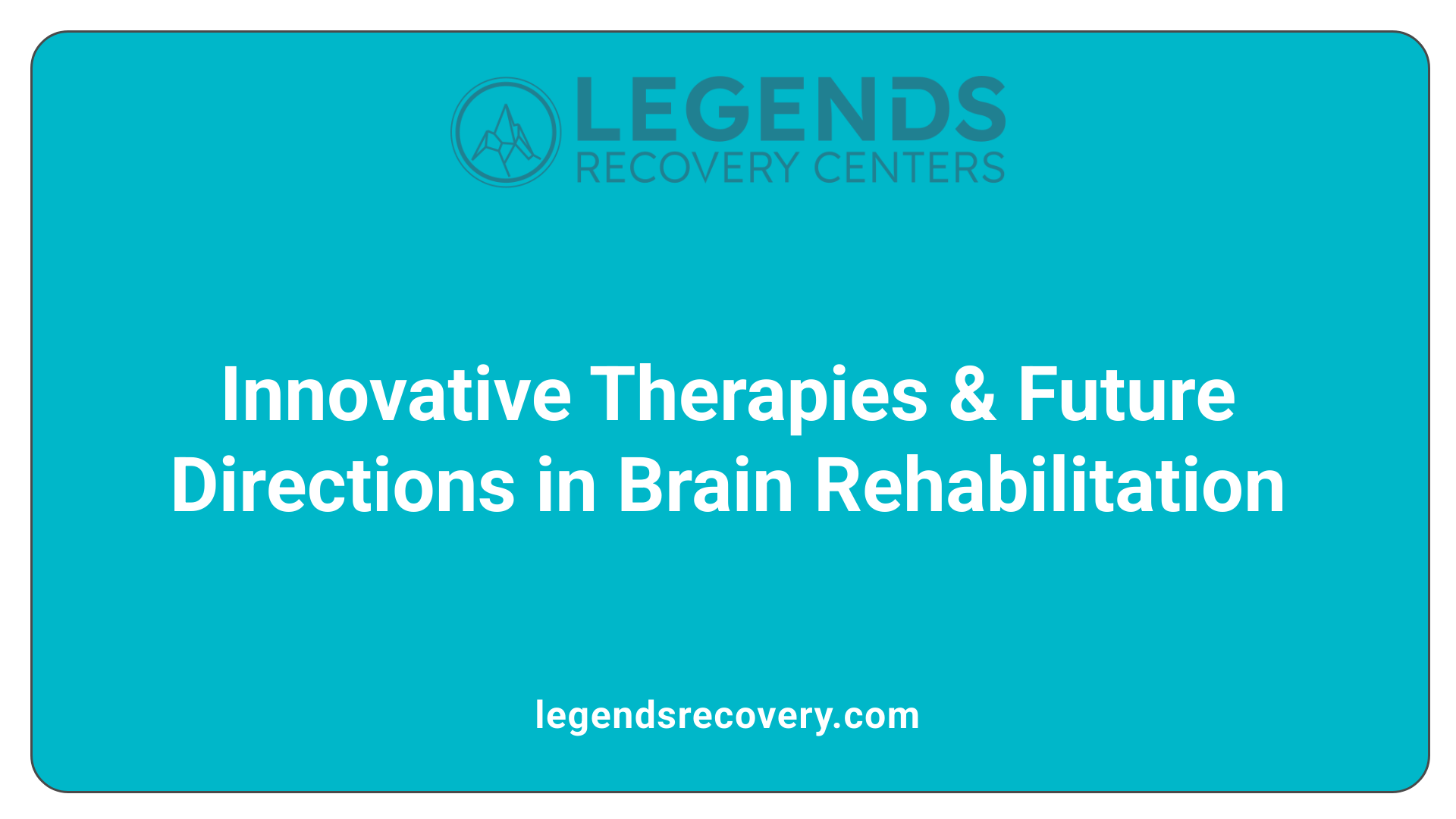Neurological Healing Through Heroin Detox: Restoring Brain Balance

Heroin addiction profoundly alters brain chemistry, impacting the reward system, decision-making, and emotional regulation. Detoxification is a vital first step in reversing these changes, enabling the brain's natural recovery processes. Advances in neuroscience research have provided insights into how detox facilitates neural repair, the role of medications in normalizing brain function, and the potential for long-term recovery from neurochemical disruptions caused by heroin dependence.
Heroin detox plays a crucial role in rebalancing brain chemistry by removing the substance from the body, which allows the brain's neurochemical environment to gradually recover from the disruptions caused by drug use. During detoxification, withdrawal symptoms such as anxiety, nausea, and physical discomfort occur as the brain adapts to the absence of heroin. With proper medical supervision and medications like methadone or buprenorphine, these symptoms can be effectively managed, making the detox process safer and more comfortable.
Neuroimaging studies indicate that, over time, areas of the brain involved in reward, decision-making, and impulse control — such as the prefrontal cortex and striatum — show signs of recovery. This suggests that the brain retains its capacity for plasticity and can heal from drug-induced damage.
Behavioral therapies and supportive interventions are vital in aiding this recovery. They help address underlying emotional, mental, and social issues, fostering healthier neural connections. Although some changes may be permanent, many individuals experience significant improvements in brain function as they maintain abstinence. This process underscores the brain’s ability to rebuild neural pathways, potentially restoring normal functioning and improving overall well-being.
In sum, heroin detox is a foundational step in recovery, supporting the brain’s journey toward healing and helping individuals regain control over their thoughts, emotions, and behaviors.
Heroin detoxification marks the beginning of a possible recovery process for the brain, which has been altered by chronic heroin use. Long-term heroin abuse causes significant neurochemical imbalances and structural changes in the brain. One prominent effect is dopamine dysregulation, where the brain's reward system is flooded with artificially high levels of dopamine, creating intense feelings of euphoria but also leading to dependence.
This persistent overactivation damages the pathways responsible for pleasure, motivation, and emotional regulation. Additionally, heroin addiction often results in deterioration of white matter—the brain tissue responsible for communication between different brain regions. This deterioration affects cognitive functions like decision-making, impulse control, and emotional responses.
During detoxification, many of these neurochemical imbalances can begin to heal. Neural pathways start to reconnect, and neurotransmitter levels like dopamine gradually return toward normal, which can improve cognitive capacity and emotional stability.
However, some structural damages, especially extensive white matter deterioration and neurodegeneration caused by prolonged heroin use, may be only partially reversible. Certain impairments in decision-making and impulse control might persist despite detoxification.
Overall, detox provides an essential window for neurological recovery. When paired with neurorehabilitation therapies, such as cognitive-behavioral therapy and neuroplasticity-focused interventions, individuals have a better chance at restoring brain health and functions lost during addiction.
This ongoing process underscores the importance of continuous treatment and supports the potential for the brain to heal over time, although some effects might remain long-lasting. Advances in neuroscience suggest that abstinence and targeted therapies can lead to significant improvements, but full recovery of brain structure and functions remains an evolving field of research.

Detoxification is a crucial step in recovering from heroin dependence, as it involves the medical process of removing the drug from the body safely. By clearing heroin from the system, detox allows the brain’s disrupted neurochemical balance to begin restoring itself. This process helps reduce intense cravings and withdrawal symptoms, which are a result of the brain’s adaptations to long-term drug exposure.
During detox, the brain’s reward pathways, particularly involving dopamine release, can start to recalibrate. Heroin floods the nucleus accumbens with dopamine, artificially stimulating pleasure. Once the drug is eliminated, the brain gradually reestablishes its capacity to produce dopamine naturally, which is vital for emotional regulation and motivation.
The brain’s neuroplasticity—the ability to reorganize and repair neural connections—plays a significant role in this recovery phase. Structural damages such as white matter deterioration and hormonal imbalances, especially in regions affected by chronic heroin use like the prefrontal cortex and limbic system, can be partially reversed through sustained abstinence.
Supportive interventions, including medication-assisted therapies like methadone or buprenorphine, provide stability during this period, easing withdrawal and supporting neural recovery. Additionally, lifestyle changes such as engaging in regular exercise, maintaining proper nutrition, practicing mindfulness, and ensuring quality sleep reinforce brain healing. These habits promote neurogenesis and improve overall brain health.
While some alterations in brain structure and function may be long-lasting, research shows that with persistent abstinence and comprehensive treatment, significant improvements are possible over time. Continued efforts to support brain health can lead to better cognitive function, emotional regulation, and overall recovery, turning the page on the effects of heroin toxicity.
Detoxification, along with medication-assisted treatment (MAT), is fundamental in rebalancing brain chemistry disrupted by heroin addiction. When someone stops using heroin, withdrawal symptoms—such as anxiety, nausea, muscle pain, and insomnia—can be severe and challenging to manage without medical help. Detoxification helps eliminate heroin from the body safely and begins the process of correcting chemical imbalances.
Medications like methadone, buprenorphine, and naltrexone are vital tools in MAT. Methadone and buprenorphine are long-acting opioids that bind to the same brain receptors as heroin but do so in a controlled and less euphoric way. They suppress withdrawal symptoms and cravings, allowing the brain to gradually recover its natural chemical balance.
Naltrexone, an opioid antagonist, works by blocking heroin’s effects at the receptor level, preventing a person from feeling the drug’s euphoric effects if they relapse. This blockade discourages continued drug use and supports long-term abstinence.
The combined approach of detox and MAT addresses both physical dependence and the neurochemical disruptions. Detox manages immediate withdrawal discomfort, while medication stabilizes brain chemistry over the longer term.
Furthermore, integrating behavioral therapies and psychosocial support improves treatment outcomes by addressing psychological and social factors associated with addiction. This combined strategy helps the brain rebuild healthy neural pathways, reduces the risk of relapse, and promotes sustained recovery.
Overall, medication-assisted treatment plays a crucial role in downtime neurochemical stabilization, making it a cornerstone of effective heroin addiction management. It not only minimizes physical withdrawal effects but also supports the brain’s return to proper functioning, increasing the likelihood of successful long-term recovery.

Heroin detox is an essential step in recovering normal brain function because it allows the body to clear the drug from the system, reducing neurochemical imbalances caused by heroin’s action on the brain. During detoxification, the brain begins to reverse some of the structural and functional changes induced by prolonged heroin use. These changes include recovery of white matter integrity and normalization of neurotransmitter activity, such as dopamine regulation.
The brain’s capacity for neuroplasticity — its ability to adapt and rewire itself — plays a vital role in this healing process. After detox, the brain can rebuild neural connections that were weakened or damaged. Supportive activities, like regular exercise, a nutritious diet, good sleep habits, and stress management, can further enhance neuroplasticity. These lifestyle factors promote healthy neural growth and reinforce new, positive pathways.
While some alterations from long-term heroin exposure may be long-lasting or partially irreversible, initiating detox creates the opportunity for the brain’s natural repair mechanisms to improve cognitive functions and emotional regulation. Overall, detox serves as the foundation for ongoing recovery, helping the brain regain balance and reconnect in ways that support sustained sobriety.
 Heroin detox plays a crucial role in restoring brain health by clearing the drug from the system, which allows the brain's chemistry to begin balancing naturally. During detoxification, neurochemical imbalances caused by prolonged heroin use, such as disrupted dopamine and endorphin levels, start to rebalance, supporting the rewiring of neural connections. This process enables the recovery of healthy brain function, particularly in regions involved in decision-making, impulse control, and emotional regulation like the prefrontal cortex and nucleus accumbens.
Heroin detox plays a crucial role in restoring brain health by clearing the drug from the system, which allows the brain's chemistry to begin balancing naturally. During detoxification, neurochemical imbalances caused by prolonged heroin use, such as disrupted dopamine and endorphin levels, start to rebalance, supporting the rewiring of neural connections. This process enables the recovery of healthy brain function, particularly in regions involved in decision-making, impulse control, and emotional regulation like the prefrontal cortex and nucleus accumbens.
Evidence from neuroimaging studies demonstrates that the brain maintains a remarkable capacity for neuroplasticity—the ability to restructure its neural pathways. Over time, with sustained sobriety and appropriate therapies, damage to white matter and gray matter can gradually heal. As neural circuits recover, cravings diminish, and withdrawal symptoms lessen, paving the way for behavioral and emotional stabilization.
Future advancements in brain imaging and neurotechnology promise even greater understanding of the rewiring process. Integrating trauma-informed approaches ensures that the healing environment addresses underlying psychological factors, which often underlie addiction. Emerging therapies, including neurofeedback and targeted brain stimulation, hold potential to accelerate recovery and improve long-term outcomes, making brain healing increasingly precise and accessible.
The journey of recovering brain health after heroin addiction involves a delicate balance of detoxification, medication-assisted treatment, behavioral therapies, and lifestyle adjustments. Scientific research underscores the brain's incredible neuroplasticity, with many neural pathways capable of rewiring and repairing over time. Medical interventions that support neurochemical balance, combined with ongoing mental health support, can significantly improve outcomes. While some structural brain changes may be irreversible, the brain's capacity for recovery is promising, offering hope for those committed to sobriety. A comprehensive approach to heroin detox and treatment not only addresses the physical dependence but also fosters emotional resilience and cognitive restoration, ultimately leading to a renewed and healthier brain.